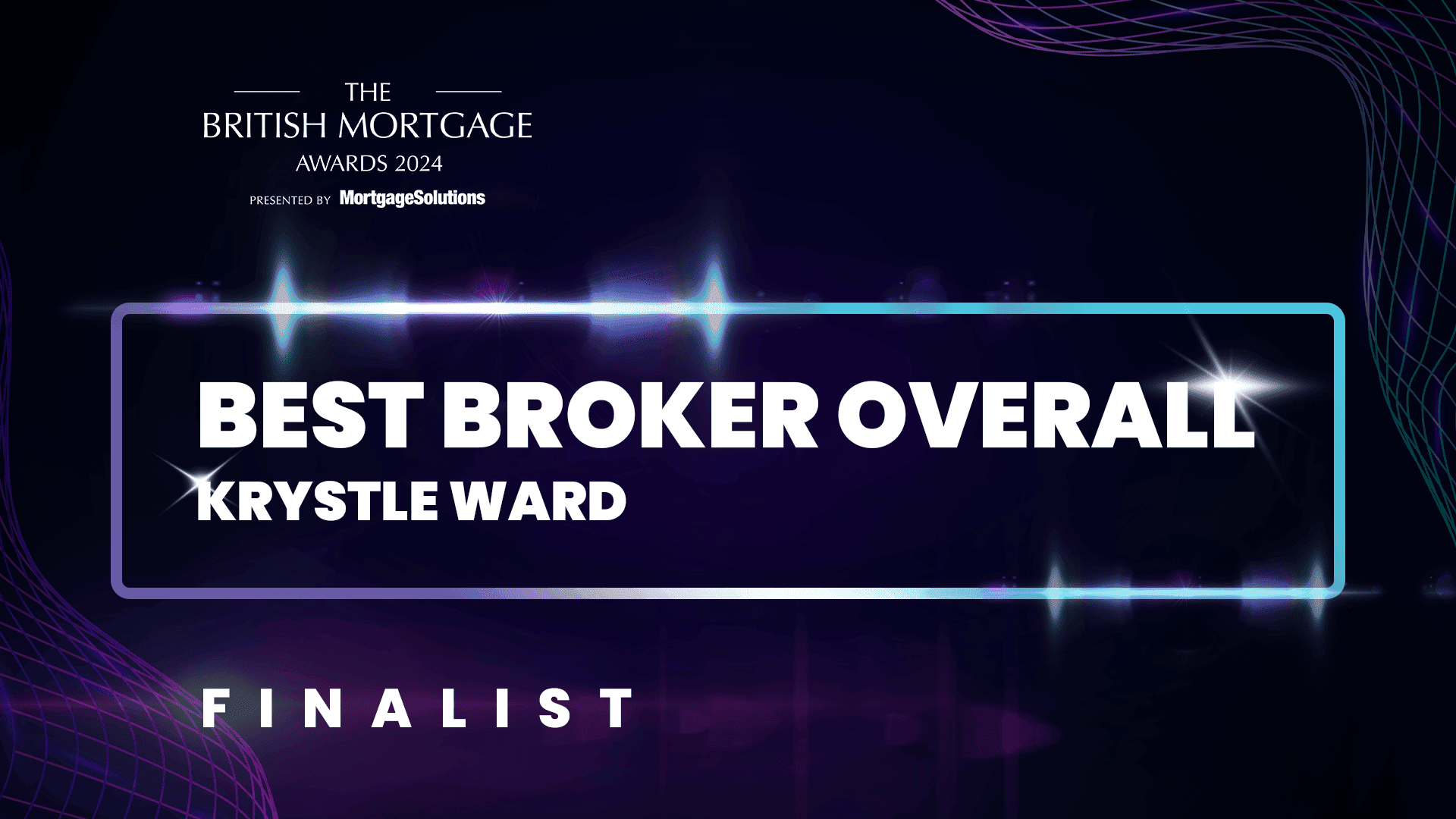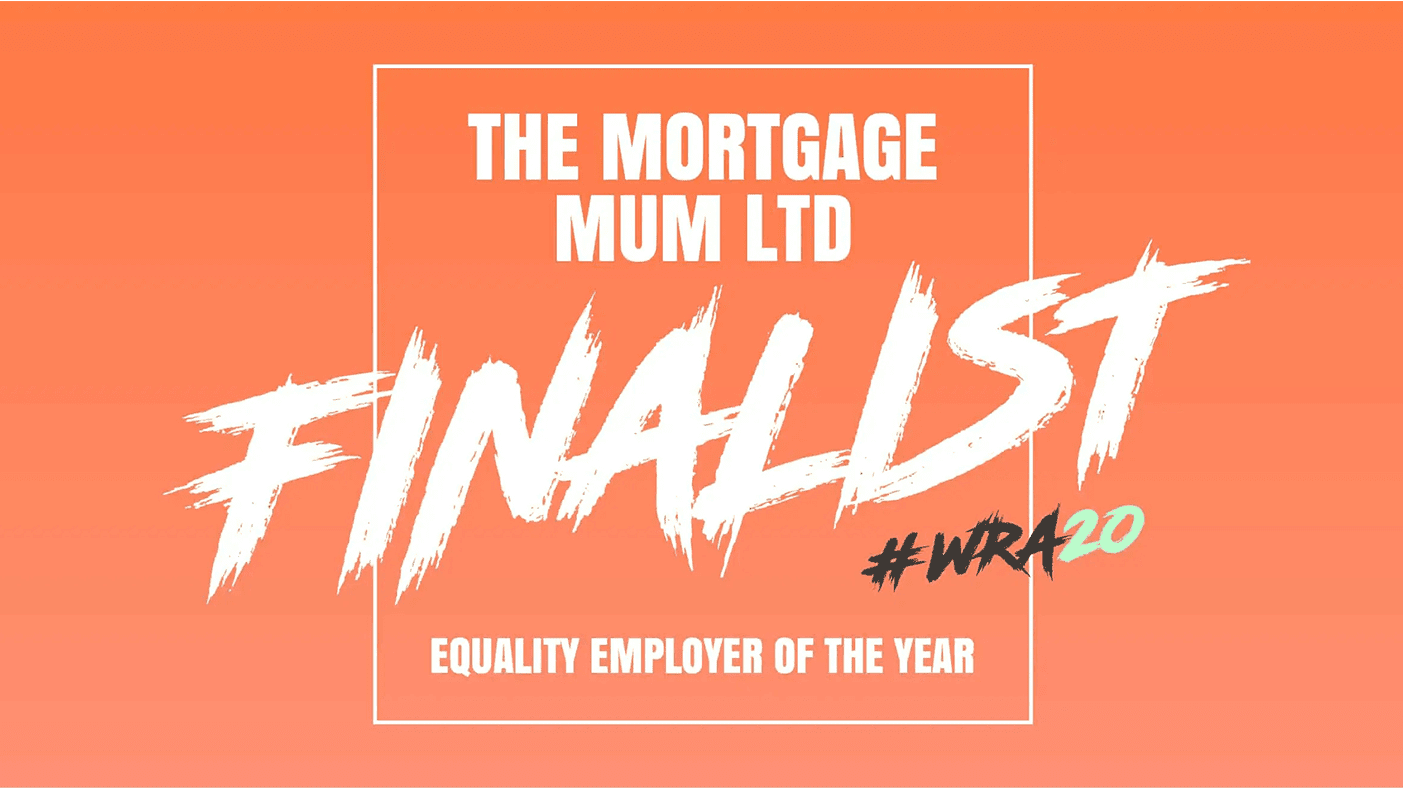Hello and welcome back to the Mortgage Mum podcast with me, Gemma Bennett, your guest host for today.
Have you ever wondered how different employment contracts affect your chances of getting a mortgage? If not, maybe you’ll learn something today. Or, you might want to understand what your contract means in the mortgage market, and how to have the best chances of getting a mortgage.
What’s the ‘standard’ employee situation?
The majority of employed people are on a permanent contract, with set hours and a set salary. These are perhaps the standard conditions. For those permanent contracts, we ask for three months’ pay slips, and if there are annual bonuses or commissions we ask for a few more or a P60.
Sometimes people haven’t even started their job yet but have been offered a permanent contract. We can look at getting them a mortgage based on the contract and start date if it’s within three months.
However, that isn’t the same for those people that are on fixed term contracts, temporary contracts, or zero hour contracts.
Can being a contractor affect things?
You are still absolutely employed, perhaps with a certain salary, or you know how much money is coming in because you know how much work you do. But lenders view these sorts of contracts differently.
If you’ve listened to any of these podcasts before, which I hope you have, you’ll know how much the lenders can vary. If you haven’t, please look around the site – there’s a plethora of information.
When I first joined this industry I was amazed just how varied lenders are and how innovative and creative they can be. When I talk to you about these temporary contracts, I’m talking about the mainstream majority. There are also bespoke or smaller lenders that might take a different view on your situation.
So if you don’t quite tick the boxes I’m going to describe, it’s still worth reaching out and having a conversation with a broker. There are always exceptions, or lenders who will make exceptions. So get advice for your personal circumstances.
How do mortgages work for people on fixed term contracts?
Fixed term contracts might be where you’ve been employed a year. If you’re working in education, for example, you might be employed for the educational year from September to July.
A mortgage lender is always looking for security. They want to lend to you, providing they are sure you’re going to be able to meet the payments. To them, if a contract has an end date to it, you might stop receiving an income. They need to know that your work will continue.
In the most part they do this by looking backwards. They look back at the last year to two years. Most lenders like to see two years in a similar type of work. It doesn’t have to be with the same employer. You might be on fixed term contracts in different places in a similar sector. The lender will feel the most comfort if you have a history of this.
How do we prove this? Mainly with P60s. We also prove it with the contracts that you’ve had over the last couple of years, so make sure they’re filed away somewhere.
If you have been working in this way for perhaps a year and only a few more months are left on your current contract, that will make the lender a little bit wobbly. We’re looking for six months or more on that contract. If not, most lenders will accept your employer confirming in a letter that they are going to renew your contract.
Perhaps you’ve got a new contract lined up to start after this one. They won’t want to see long gaps, so if your contract ends in July, they won’t want your new contract to start in January, for example. But they could understand if your new contract starts in September.
Essentially, a permanent contract gives a lender a sense of security about your income going forward. So the key to a fixed term contract is having a paper trail proving your history of working in this way.
What happens if you are employed permanently and decide to become a temporary contractor?
There are some exceptions here where the lender is happy if they can see you’ve been working in the same field for a number of years in an employed position and are staying in that field as a contractor.
Although it adds more risk, there are certain situations where working via an agency, for example, actually increases your hourly pay and your ability to bring in income.
You can completely understand why people might want to do this. If you’ve been working in the same field for years and just changed the type of employment, some lenders will be OK to lend to you.
They will take the income coming in now, or perhaps they’ll average it out based on your last P60 and your current pay. They won’t require that track record of contracting for 12 months or two years. This wouldn’t be the case with every lender, but with proof, some will be happy. It all comes down to the proof.
An example of why proof of contracts is important
I’ve had a client recently on ‘renewable’ contracts, which means that for the last four years she has received a new contract every three months. She had a little bit of a problem with the paperwork. The employer was happy to keep renewing the contract, but they weren’t very quick at getting those contracts to her.
By the time we had started to look at our options, she’d already started the new contract. By the time I got the paperwork for that, the contract was coming to an end. Thankfully, in this case, she had enough history, and got a letter to confirm this was the case.
But if you work with different contracts quite regularly, even every year or six months, please be really diligent with the paperwork. Make sure the employers are getting that to you in good time, because when it’s time for your mortgage, you’re going to need to prove it. Also keep your P60s from various employment. They tell the lender your actual annual income.
It might be if you’re on a zero-hour contract, for example, that in the last three months you’ve been earning more than you would normally. The lender will understand that that could be the case. Although they will look at the latest three months, they will also look at the last P60 – and potentially the year before – to get a clear understanding of your income level.
Can I get a mortgage on a zero hours contract?
A zero hours contract means you’re contracted to work for an employer, but they are not contracted to give you any hours at all. This is relatively common in some NHS roles and agency work.
Some lenders will only accept zero hours contracts in the NHS, because they understand that’s the nature of that work. It might be something like bank nursing or agency work. Other lenders will consider a zero hour contract in any capacity.
Again, they’re going to want proof. They want to know how many hours on average you are working. It could be looked at over six months or a year. They will also take your last three months and potentially average that to get an idea.
The lenders are all varied in their approaches. One will look at the last three months to calculate the annual amount. Other lenders will take a longer look and will want to see, once again, a history.
Over 12 months working in this way, or ideally two years, will give them that comfort about your affordability. Just to come back to what I always say about self-employment – the lender does want to lend.
Why does it feel so complicated to get a mortgage as a contractor?
It can feel very hard when you’re being asked numerous questions and you’re having to give a lot more documents and historic stuff. They’re doing that because they want to feel secure.
They want to understand, and to know that after your contract, if you are going to be able to pay this mortgage.
It’s responsible lending, at the end of the day. The likelihood is that you are, because you wouldn’t have put yourself forward for a mortgage if you didn’t think there would be more work after this contract. But they want to understand how you know that. Can you prove it? Have you had a history in it?
These things are going to make a big difference to what they’re able to lend you. Be aware, though, that the actual amount you could borrow varies so much that I wouldn’t be able to cover it all in this.
If your last couple of P60s and your latest payslips vary a lot, in that one is considerably higher than the other, the lender might want to take an average. You might be in a particularly high paid, temporary role at the moment, but that hasn’t been the case over the last three years.
Perhaps they will hedge their bets like they do with self-employed people, where they take an average of two years. If your monthly pay is fairly similar, it’s quite possible that they’ll just look at three months or six months and work from there.
How can I make it easier?
The take-home messages here are to be organised with your paperwork, to be able to prove if you have a good history of working in this way, whether it be on a temporary contract, a fixed term contract, or a zero hours contract.
Also, anything to show that you’ve got work going forward or a long time left on your contract will help prove to the lender that you are able to pay your mortgage. All contracts need to be signed by yourself and the employer. So don’t let anybody be lazy with the paperwork.
Get it signed and in a file, preferably before you’ve even started a contract. Any confirmation from an employer on headed paper will also go to support your case.
How can working with a broker help?
If I could give you absolutely every bit of information in this podcast, I would. But I’ve had to generalise, because the lenders are so different. When I say ‘lenders need this,’ a handful would say, ‘No we don’t, that’s not true.’
My point is that there are so many variations in the market that really you do need to get some advice. Speak to a broker so we can put the puzzle together. In all honesty, that’s the fun bit for us.
We work out your situation, how the lenders are going to view it, how to position it best, which lender to go to and why. If you’re not sure how your current situation looks, but you’re not ready to remortgage or purchase a property at this point, speak to a broker now.
We can then advise you on what things currently look like and what you need going forward. You might find that you will be ready when the time’s right. And if not, you’ve got a forward plan. You know what needs to happen to secure that all-important mortgage offer.
I always encourage people to speak to a broker before they’re ready, because that way, everybody’s on the same page and you’ve been given sound advice. You can research things yourself, but it’s easy to get roped into out-of-date information or one person’s experience… but maybe that person has a very different case to you. So it’s definitely worth getting advice.
You can contact us here at The Mortgage Mum and get advice without paying anything. We do charge a broker fee in most cases, but that will be all the way down the line at application. There’s no cost to have advice at the beginning, for us to do some research and to check your eligibility and affordability
If you’ve listened to this and wondered what contract you are on, do check that out. It might be a question you haven’t asked yet. Are you permanent? Are you zero hours? Are you temporary? Are you on a fixed term? Whatever the situation, we can help you get a mortgage.
I really hope that that has given you some insight, and helped you recognise what lenders are looking for if your employment contract is not a permanent one.
There are other ways that people can be employed too. We’ve got IT contractors, CIS contractors in the construction industry, and various other ways. Today I’ve covered fixed term, zero hours and temporary contracts as best I can.
But if you’ve got any other questions, please don’t hesitate to ask us and we will find out the answers for you. Thank you so much for listening, and have a great day.
YOUR HOME MAY BE REPOSSESSED IF YOU DO NOT KEEP UP WITH YOUR MORTGAGE REPAYMENTS.

























































